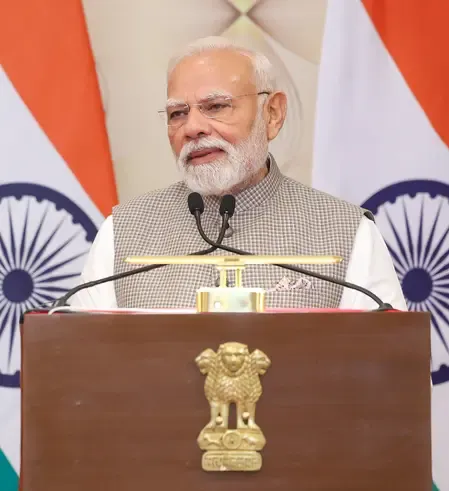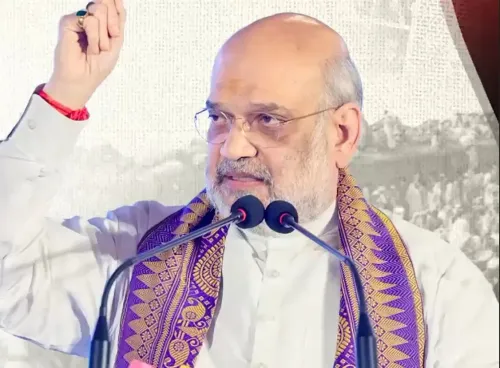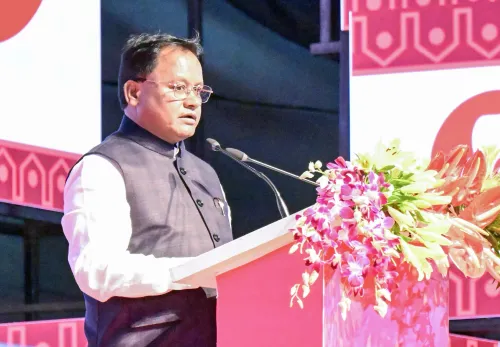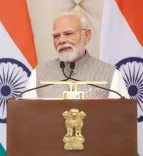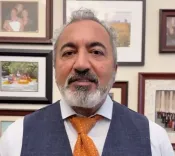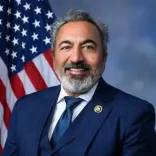Manipur CM Emphasizes the Importance of Inner Line Permit for Safeguarding Indigenous Cultures
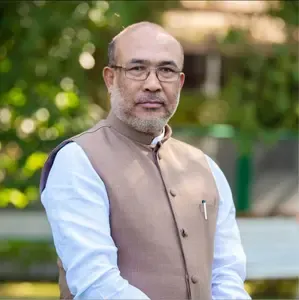
Imphal, Dec 9 (NationPress) Manipur Chief Minister N Biren Singh emphasized on Monday that the Inner Line Permit (ILP) is vital for safeguarding the civilization, culture, and traditions of the indigenous populations in the state.
The ILP was established under the Bengal Eastern Frontier Regulation in 1873.
While addressing an event to commemorate the fifth anniversary of the ILP implementation in Manipur, the Chief Minister noted that Manipur is the first state in India to extend the ILP system after the country gained independence.
The ILP has been put into effect in three other states—Mizoram, Nagaland, and Arunachal Pradesh—which are home to nearly 90 percent tribal communities, he pointed out.
Singh mentioned that in Manipur, where about 40 percent of the population comprises tribal communities, the ILP system was extended by the NDA government led by Prime Minister Narendra Modi after a thorough evaluation of the unique aspects of the state’s civilization, culture, and traditions on December 9, 2019.
He added that several states like Assam, Meghalaya, and Sikkim are advocating for the implementation of the ILP.
The Chief Minister expressed his appreciation to the central government headed by Modi, along with other leaders such as Home Minister Amit Shah, for the ILP’s implementation in the state.
Singh also recognized the efforts of the citizens from both hill and valley regions, along with civil society organizations and student groups, in pushing for the ILP in Manipur.
He pointed out that after considerable struggle, Manipur was granted statehood in 1972.
The extension of the ILP in the state on December 9, 2019, was described as the most significant positive contribution by the Centre under Modi's visionary leadership to protect the indigenous populace of the state, according to Singh.
Regarding allegations of abuse and discrimination against Myanmar refugees in the state, the Chief Minister clarified that there are no documented instances of hostility or discrimination against illegal immigrants in detention facilities or temporary accommodations.
He added that the state government has been supplying temporary housing, food, medical care, and other necessities to the refugees and illegal immigrants.
Biometric data of all illegal immigrants has also been recorded, he noted.
Singh further specified that the ILP applies solely to Indian citizens and not to foreigners.
In accordance with The Foreigners Act, the Superintendents of Police in all districts are appointed as Foreigners Registration Officers, empowered to identify and deport suspected foreigners.
Singh also indicated that the government is continuously working towards the restoration of peace and normalcy in the state.
Numerous peace-building efforts have been made, including meetings with various leaders and representatives from different communities, including the Thadou and Hmar tribal groups, who have shown a willingness to resolve the crisis, he stated.
Peace agreements among communities have been established on several occasions; however, some vested interests are attempting to undermine these peace initiatives, he affirmed.
The Chief Minister concluded by saying that unity is essential to overcome the crisis.

